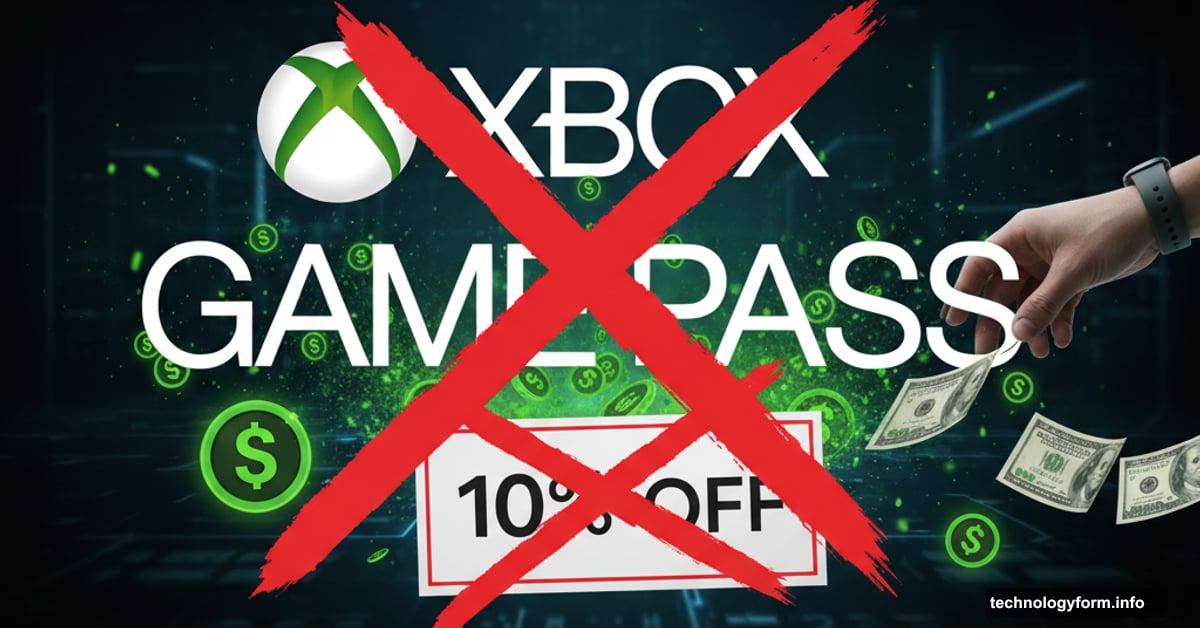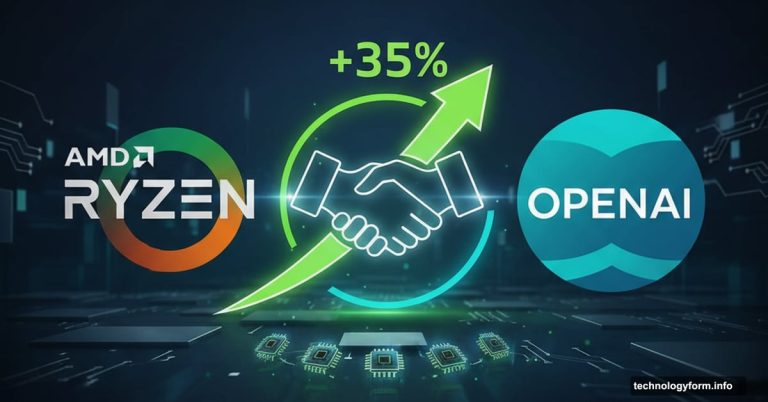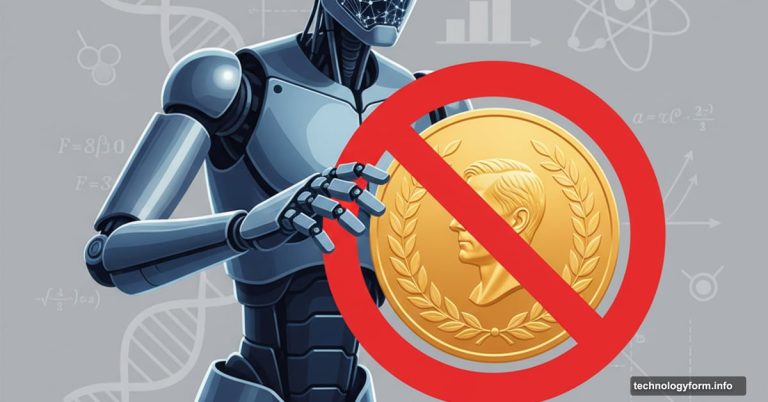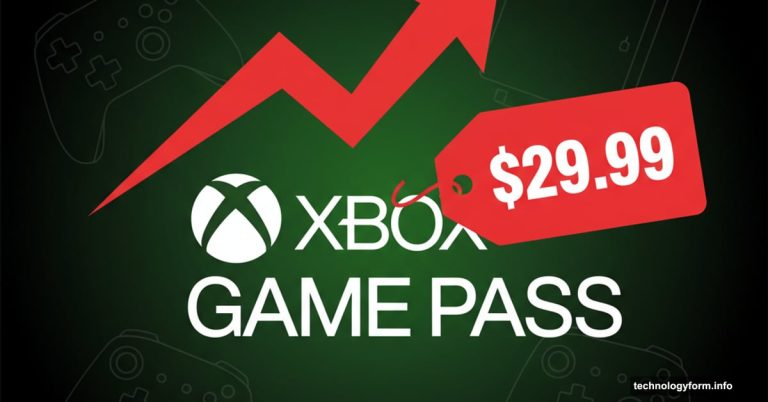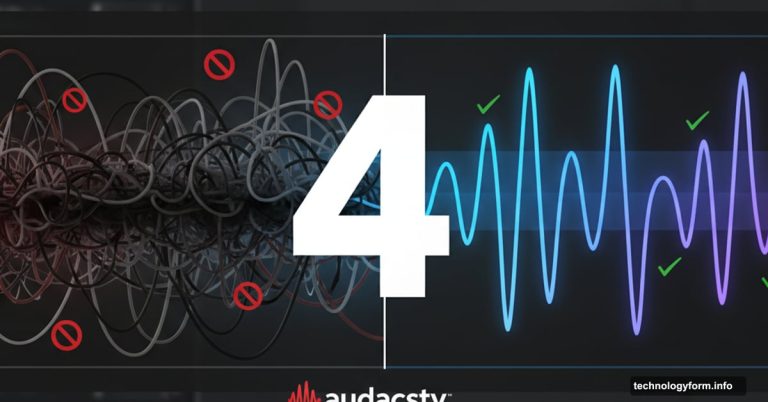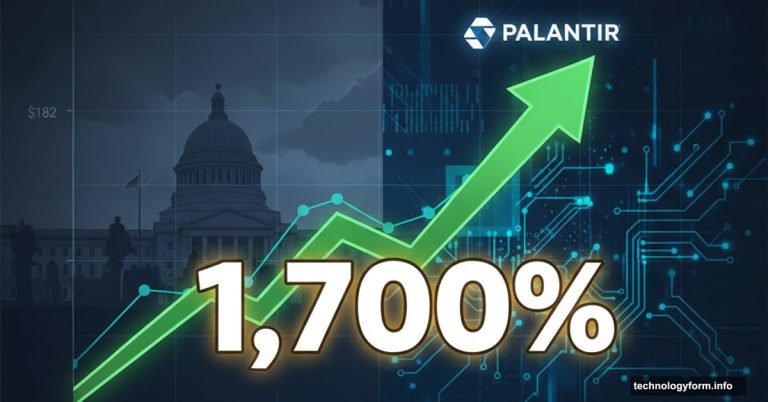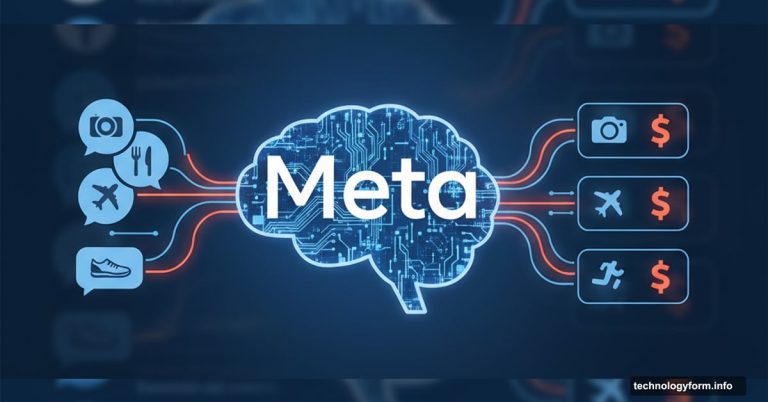Xbox Game Pass Just Killed DLC Discounts. Microsoft Calls It “Unmatched Value”
Microsoft keeps tweaking Xbox Game Pass. But this latest change stings more than most.
Starting now, subscribers lose the 10% discount on downloadable content. Instead, they get points in Microsoft’s Rewards program. So that immediate savings you counted on? Gone. Replaced with store credit that takes time to accumulate and expires if you don’t use it.
Plus, this comes right after Microsoft raised Game Pass prices by $10 monthly. The timing feels deliberate, almost like testing how much subscribers will tolerate before canceling.
What Actually Changed
Game Pass used to give members 10% off DLC purchases immediately. Buy a $20 expansion, pay $18. Simple math. Money stayed in your pocket.
Now the discount vanished entirely. Microsoft replaced it with their Rewards points system. Ultimate subscribers get 10% back in points. Premium members get just 5% back.
Here’s the catch. Those points aren’t real money. They’re locked into Microsoft’s ecosystem. You can’t spend them anywhere else. Moreover, Rewards points expire after 18 months of account inactivity. So if you take a break from gaming, that “discount” disappears completely.
Initial reports spotted the change affecting Call of Duty DLC. But Microsoft clarified this applies to “all games and DLC purchases” across the entire Game Pass library. Nothing got exempted.
The Timing Tells a Story
Microsoft announced this change quietly. No big press release. No advance warning to subscribers. Instead, gaming news outlets discovered it after members complained about missing discounts.
This happened weeks after Microsoft raised Game Pass Ultimate to $20 monthly and introduced a new $30 Premium tier. So subscribers already absorbed a 50% price increase. Now they lose DLC discounts too.
Microsoft claims they’re delivering “unmatched value” through Game Pass. That same blog post announcing 45 new games also revealed the $10 price hike. The message feels contradictory. Add games, raise prices, cut benefits. That’s not how “unmatched value” works.
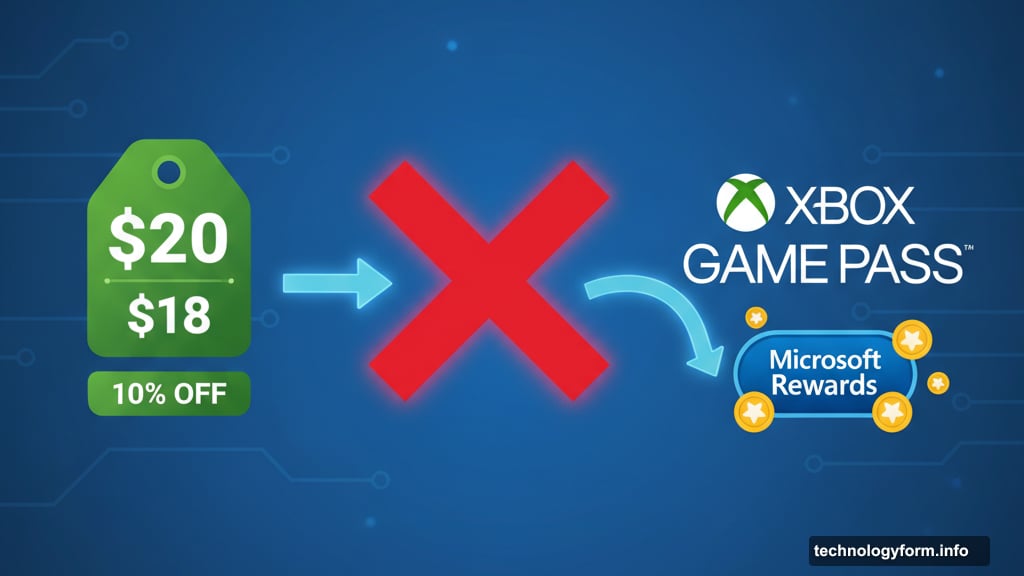
Why Rewards Points Hurt More
Immediate discounts feel different than delayed rewards. When you save 10% at checkout, that money never leaves your account. You see the benefit instantly.
Rewards points make you work for savings. First, you spend full price. Then points trickle into your account. Finally, you redeem them later for something else. The psychological impact differs completely.
Plus, Rewards points create friction. You need to track your balance. Remember to redeem before expiration. Find something worth buying when you’re ready to spend points. That’s cognitive load real discounts never required.
And here’s what really bugs me. Premium subscribers only get 5% back. So the cheaper tier receives half the benefit of Ultimate. That two-tier rewards structure feels designed to push people toward the expensive subscription.
Members Are Questioning Their Subscriptions
Online gaming communities erupted after news spread. Reddit threads filled with frustrated subscribers. Many questioned whether Game Pass still justified its cost.
Some calculated they’d save money by canceling Game Pass and buying games individually. Others pointed out competing services like PlayStation Plus maintain their DLC discounts. The comparison makes Microsoft’s move look worse.
But there’s a workaround. Pre-paid Game Pass codes still exist at the old rates. Retailers sell 12-month subscriptions that lock in previous pricing. So savvy subscribers can delay the price increase and benefit loss for another year.
That won’t last forever. Eventually those codes sell out. Then everyone faces the new reality: higher prices, fewer benefits, same games library.
What This Means Long-term
Microsoft tested subscriber tolerance here. They raised prices significantly. Then cut benefits right after. If subscribers stick around, expect more changes like this.
The pattern feels familiar. Streaming services followed similar paths. Netflix raised prices repeatedly while cracking down on password sharing. Disney+ launched cheap then hiked rates. Now gaming subscriptions seem headed the same direction.
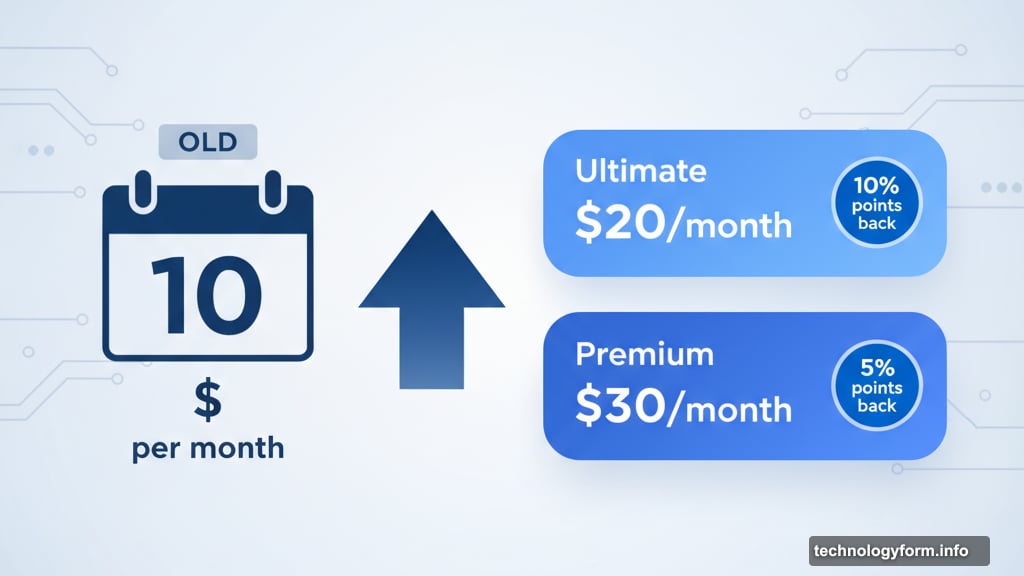
Game Pass changed gaming when it launched. The value proposition seemed unbeatable. Pay one monthly fee, access hundreds of games. That deal attracted millions of subscribers.
But sustainable business models eventually emerge. Microsoft invested billions building Game Pass. Now they’re optimizing for profitability instead of growth. That means subscribers pay more while receiving less.
The DLC discount removal signals where this heads. Expect future changes that prioritize Microsoft’s revenue over subscriber benefits. That’s just business reality.
The Real Calculation
Should you keep Game Pass after these changes? Depends entirely on your gaming habits.
If you play multiple Game Pass titles monthly, the subscription still saves money compared to buying games individually. But if you mainly stick to one or two games, buying them outright probably costs less now.
DLC matters too. If you regularly purchase expansions for Game Pass games, losing that 10% discount adds up quickly. Calculate your typical annual DLC spending. Multiply by 0.10. That’s your yearly loss from this change.
For some subscribers, that calculation tips against keeping Game Pass. For others, the base game access still justifies the cost. Neither choice is wrong. It’s just math.
Microsoft bet most subscribers won’t cancel. They’re probably right. Inertia keeps people subscribed even when value decreases. But every price hike and benefit cut pushes more people toward the cancellation button.
Eventually, that scales tips. Microsoft will find out where their ceiling sits. Until then, subscribers either accept the new terms or vote with their wallets.
